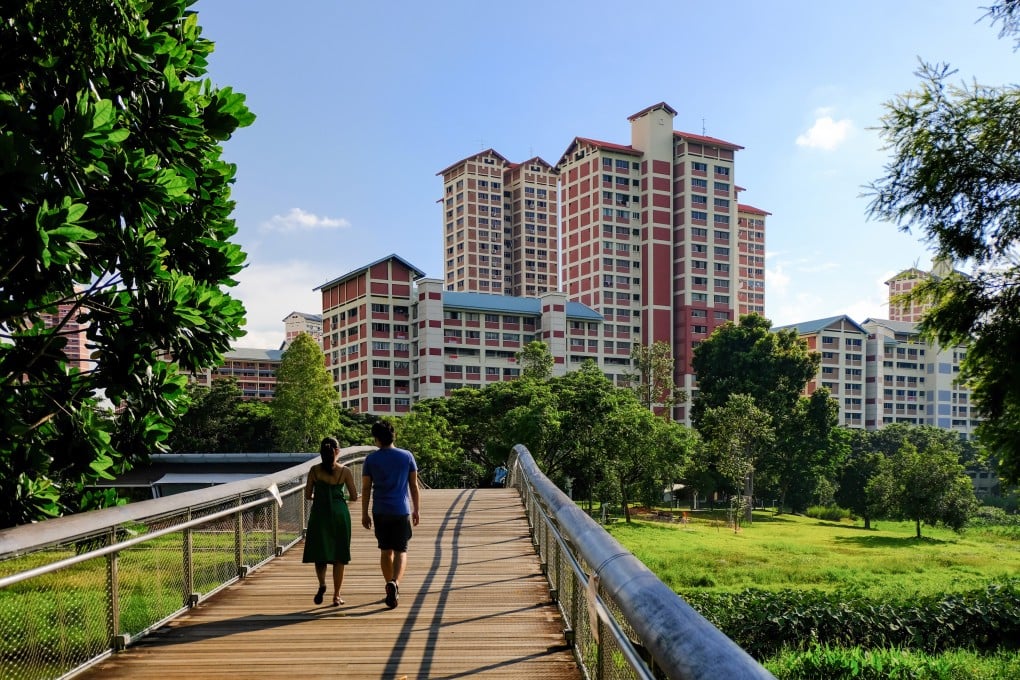Singapore’s BTO public housing: homewrecker or dealmaker as some couples tie knot for flats?
- A study shows a possible link between a rise in marriages, Singapore’s public housing scheme and divorce rates

Singaporean Rebecca* was in a relationship with her boyfriend for around four years when she decided it was time for them to buy a public housing flat together, a rite of passage for most citizens who aspire to become homeowners and settle down.
“We were just 24 when we collected the keys to our flat and 25 when we got married,” recounted Rebecca, a 30-year-old banker. “But some issues happened between the wedding and key collection and I wanted to call it off, but I did not, mainly because of the flat.”
Now in the midst of a divorce, Rebecca said her greatest regret was going through with the marriage in the first place although she recognised she would be facing a huge financial burden at 25 had the couple annulled their union and forfeited the flat.
“It was way too much hassle to unwind the process … And there were monetary penalties involved,” she said.
For Rebecca, the price she paid for her break up was costly as she had signed the agreement for her flat and moved in, which meant that she had to give up the property and return housing grants, among other fees, all of which totalled about S$50,000 (US$36,800).
In Singapore, the traditional “Will you marry me?” proposal has long been replaced by the more pragmatic, though less romantic suggestion of “Do you want to apply for a flat with me?” Many young couples typically wait around four years before they move into their public housing units.
